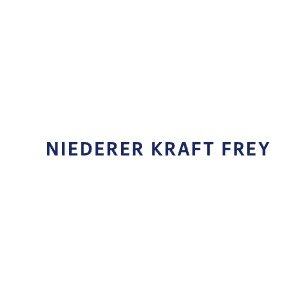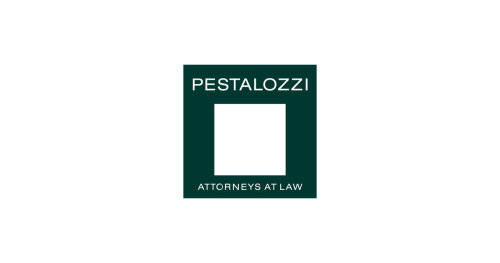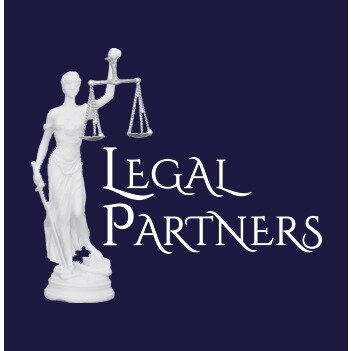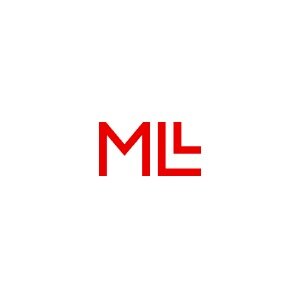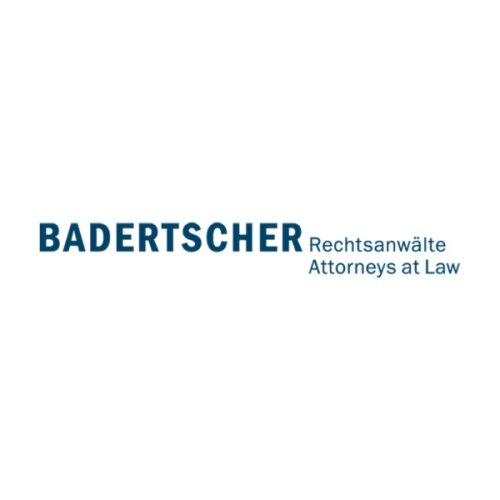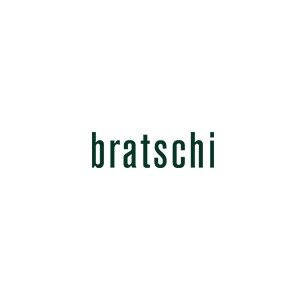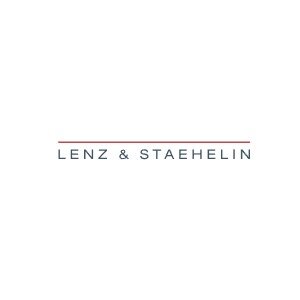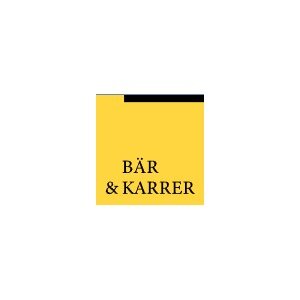Best Mining Law Lawyers in Zurich
Share your needs with us, get contacted by law firms.
Free. Takes 2 min.
List of the best lawyers in Zurich, Switzerland
About Mining Law in Zurich, Switzerland
Mining Law in Zurich, Switzerland is a specialized area of law governing the exploration, extraction, and processing of mineral resources in the canton of Zurich. Although Switzerland is not widely known for large-scale mining activities, the legal framework still covers important issues including property rights, environmental protection, land use, licensing, and taxation related to mining activities. The legal system ensures that resource extraction is conducted responsibly, complies with cantonal and federal regulations, and balances economic interests with environmental conservation.
Why You May Need a Lawyer
Individuals and companies may require a lawyer specializing in Mining Law in Zurich for various reasons. Common situations include applying for mining permits, resolving land ownership or usage disputes, navigating environmental regulations, negotiating contracts with landowners or local authorities, or dealing with compliance regarding workplace safety and environmental standards. Legal assistance can also be crucial if you are facing sanctions or enforcement action from regulatory bodies, or if you need to settle disputes involving multiple stakeholders, such as neighboring landowners or local communities affected by mining operations.
Local Laws Overview
The legal landscape for mining in Zurich involves both federal and cantonal regulations. The primary federal law is the Swiss Federal Act on the Exploitation of Mineral Resources (SR 951.141), which sets broad rules for mining activities nationwide. Cantonal regulations, including those specific to Zurich, detail the procedures for licensing, permitting, and monitoring mining operations. Key aspects include:
- Requirements for obtaining exploration and extraction permits
- Environmental impact assessments and mitigation measures
- Obligations for restoration and reclamation of mined land
- Landowner consent and compensation
- Health and safety provisions for workers
- Taxation and royalties associated with resource extraction
- Public participation and consultation procedures
These laws are designed to ensure sustainable use of natural resources while protecting public health, safety, and the rights of local stakeholders.
Frequently Asked Questions
What permits are required to start a mining project in Zurich?
You must obtain an exploration or extraction permit from cantonal authorities. This involves submitting detailed plans, conducting environmental impact studies, and fulfilling specified legal and technical criteria.
Do I need landowner permission to mine in Zurich?
Yes, mining generally requires landowner consent, and you may need to negotiate compensation or usage agreements, depending on the property rights involved.
Is environmental assessment mandatory for mining operations?
Yes, Swiss and Zurich laws require an environmental impact assessment for all significant mining activities to identify and mitigate potential environmental harm.
Are there restrictions on the types of minerals that can be mined?
Some minerals are subject to specific federal restrictions, while others may be regulated at the cantonal level. Check with Zurich authorities for a list of regulated minerals and associated requirements.
What is the role of the canton in mining regulation?
The canton of Zurich oversees the permitting process, monitors compliance, collects royalties or fees, and enforces regulations regarding safety and environmental protection.
How are disputes over mining activities resolved?
Disputes can be resolved through negotiation, mediation, or, if necessary, through administrative or civil courts in Zurich.
What taxes or royalties apply to mining operations?
Taxes and royalties are assessed based on the type and quantity of minerals extracted. The specific rates and obligations are detailed in cantonal and federal regulations.
Can foreign companies engage in mining in Zurich?
Foreign entities may participate in mining activities but must comply with the same licensing, tax, and regulatory requirements as Swiss companies.
What responsibilities do mining operators have for site restoration?
Operators are legally obliged to restore mined areas after operations cease, ensuring the rehabilitation of land and minimization of long-term environmental impacts.
Who monitors compliance with Mining Law in Zurich?
Cantonal agencies, in coordination with federal authorities, are responsible for monitoring compliance and can impose penalties for violations.
Additional Resources
For further information or guidance on Mining Law in Zurich, consider contacting the following bodies and organizations:
- Canton of Zurich Department of Economic Affairs - Resource Management Division
- Swiss Federal Office of Topography (swisstopo) - Geological Information
- Swiss Mining Association
- Swiss Federal Office for the Environment - Environmental Impact Regulation
- Zurich Bar Association - For referral to legal professionals specializing in mining and environmental law
Next Steps
If you require legal assistance regarding Mining Law in Zurich, it is advisable to:
- Gather all relevant documents related to your project or concern, including land titles, permit applications, and correspondence with authorities.
- Contact a specialized lawyer familiar with Zurich’s Mining Law and regulatory procedures.
- Seek a preliminary consultation to assess your situation and understand your legal rights and obligations.
- Engage with local authorities early in the process to ensure compliance and avoid delays.
- Stay informed about ongoing changes in regulations by consulting reputable industry resources and government updates.
Taking these steps can help you navigate the complex regulatory landscape and ensure the success of your mining project or the protection of your interests in Zurich, Switzerland.
Lawzana helps you find the best lawyers and law firms in Zurich through a curated and pre-screened list of qualified legal professionals. Our platform offers rankings and detailed profiles of attorneys and law firms, allowing you to compare based on practice areas, including Mining Law, experience, and client feedback.
Each profile includes a description of the firm's areas of practice, client reviews, team members and partners, year of establishment, spoken languages, office locations, contact information, social media presence, and any published articles or resources. Most firms on our platform speak English and are experienced in both local and international legal matters.
Get a quote from top-rated law firms in Zurich, Switzerland — quickly, securely, and without unnecessary hassle.
Disclaimer:
The information provided on this page is for general informational purposes only and does not constitute legal advice. While we strive to ensure the accuracy and relevance of the content, legal information may change over time, and interpretations of the law can vary. You should always consult with a qualified legal professional for advice specific to your situation.
We disclaim all liability for actions taken or not taken based on the content of this page. If you believe any information is incorrect or outdated, please contact us, and we will review and update it where appropriate.





